"It's a great synth, for sure, but $25,000 great? No chance": 5 stupidly expensive vintage synths (and how to get their sound for free)
Synthflation means you can pay nearly six figures for some of these synths (but also get most of their sounds for free)…
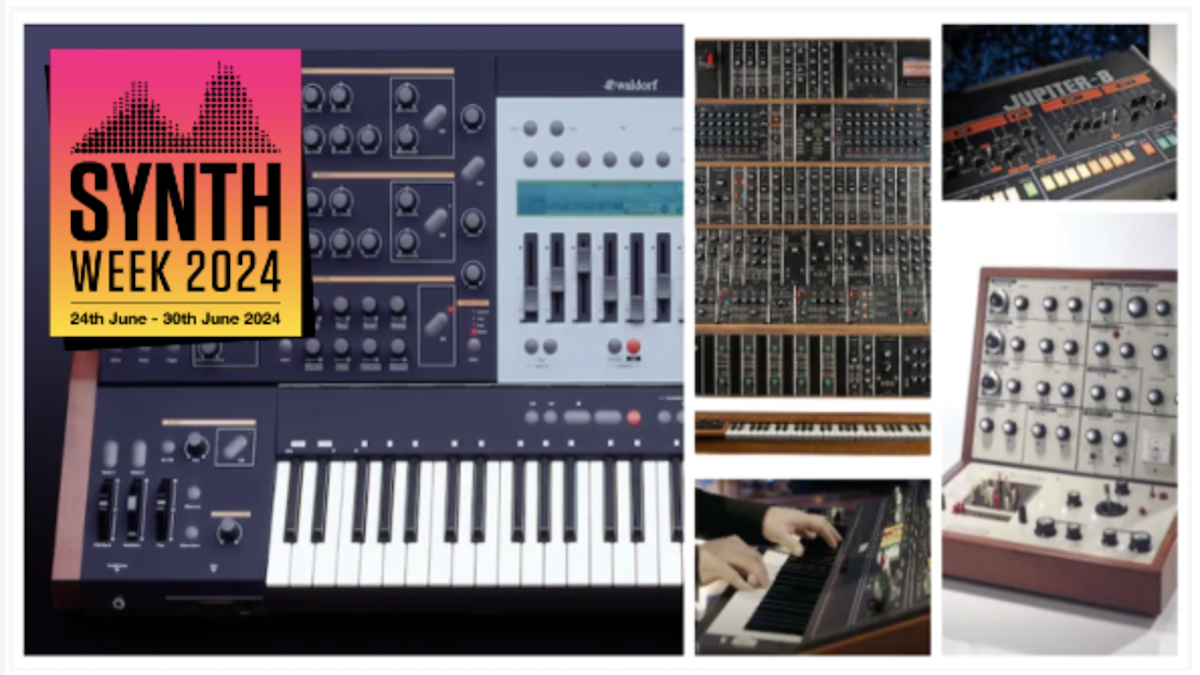
SYNTH WEEK 2024: After going out of fashion in the '80s and '90s, hardware synths – usually, but not always, of an analogue persuasion – are now ridiculously collectible. And that means they have equally ridiculous price tags…
The rarer a synth is, the more expensive it is going to be. But that doesn't explain why some mass-produced synths are now so expensive.
Some of these synths are models that you might have paid peanuts for when they were originally released, but can now easily command five figures secondhand. Some, such as original Moog Modulars and the Waldorf Wave, come up so rarely secondhand that it is hard to put an exact value on them. But aim high, is our advice. And then even higher…
The reasons for this synth inflation – 'synthflation', if you like – are many and varied. The rarity of some keyboards and modules is the biggest factor – Moog's Modular systems weren't exactly mass-produced back in the late '60s and early '70s, for example. So obviously the rarer a synth is, the more expensive it is going to be.
But that doesn't explain why some mass-produced synths from the '70s and '80s are so expensive today.
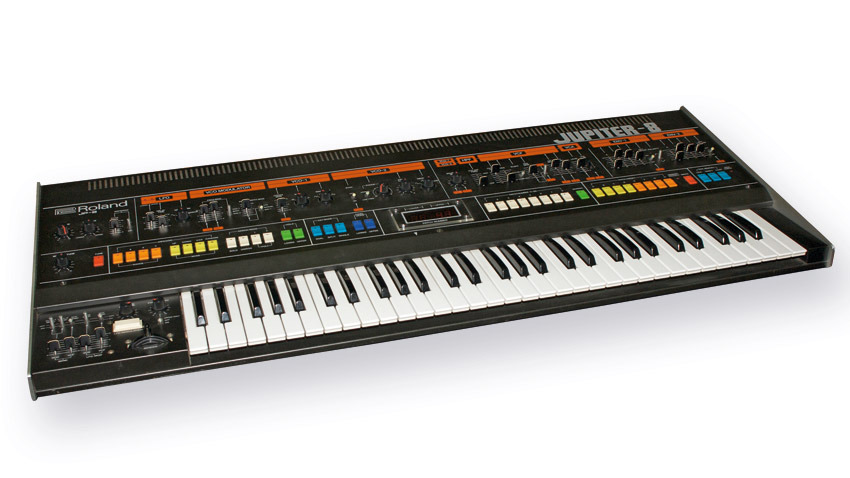
Without wishing to reveal more of our most ridiculously-priced synths too early, take the Roland Jupiter-8, for example. There were over 3,000 of these synths made back in the early '80s, so it's not exactly a rare machine compared to some, yet its secondhand value seems to be inflating all of the time.
It's a great synth, for sure, but £$25,000 great? No chance.
Which is made even weirder when you consider that it's not exactly like there is a shortage of modern imitations – everything from Roland's own JP-08 to Black Corporation's Ise-NIN (below) will get you decent Jupiter-8 sounds for way less than an original machine costs, and there are many even cheaper software options.
So just why is the original synth so expensive? Some synths just seem to have a reputation as being 'legendary' and their prices shoot up for no explicable reason and the Jupe is one of those. It's a great synth, for sure, but £$25,000 great? No chance.
Get the MusicRadar Newsletter
Want all the hottest music and gear news, reviews, deals, features and more, direct to your inbox? Sign up here.
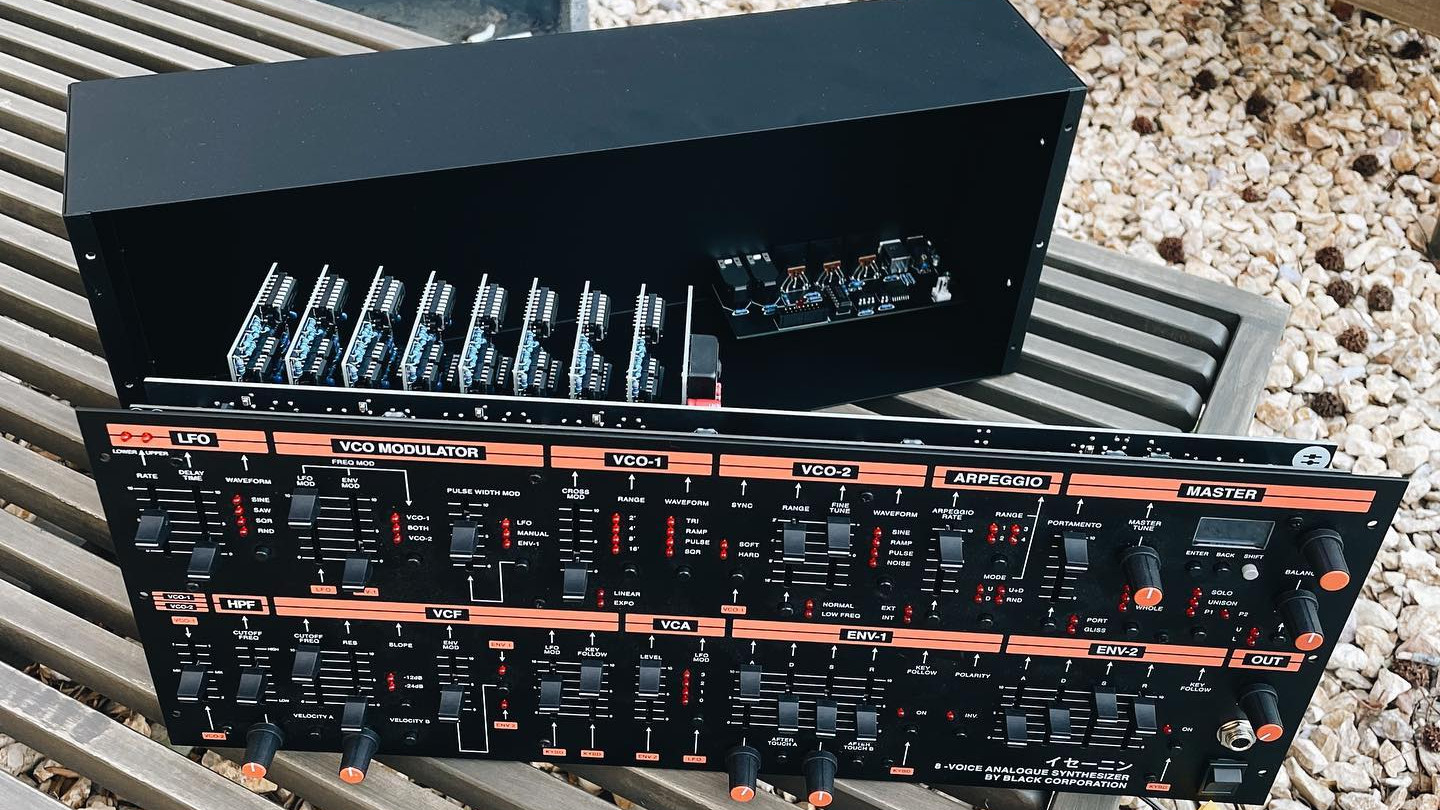
So for this feature we're looking at some of the most expensive synths you can buy, looking at just why they are so expensive, and how you can get their sound for a lot less cash – free in many cases.
We might just explode some price bubble myths, but we doubt very much we'll see a shift in too many prices downwards as a result.
Along the way we might just explode some price bubble myths, but we doubt very much we'll see a shift in too many prices downwards as a result. These prices will stay high just as long as there are people rich enough to pay for them, which sees no sign of stopping.
Here, then, are five ridiculously overpriced vintage synths (and how to get their sound for free).
Yamaha CS-80
Original price: £4,950/$6,800
Expect to pay: £49,000 / $62,000 to £98,000 / £124,000
We might as well start with 'the big one', Yamaha's incredible, and incredibly expensive CS-80. 'So why is a top condition CS-80 commanding very nearly six figures?', we hear you ask, and in all honestly we don't have the answer. Even the bottom price of 'just' £49k is well beyond that of most other expensive synths.
They are apparently bloody heavy too, a fact we can't verify as we've never been rich enough to even be in the same room as one.
It is a beautiful machine, don't get us wrong and it makes some beautiful noises, but is this 1977 vintage monster really worth its monster price tag?
Probably - OK, definitely - not. We can only blame the sadly-departed soundtrack genius Vangelis for the synth's popularity – both of his most famous soundtracks, Blade Runner and Chariots of Fire, are basically lengthy adverts for the machine.
And if you really must have one, and have the cash or either a good mortgage broker or aged rich relative, they are apparently bloody heavy too, a fact we can't verify as we've never been rich enough to even be in the same room as one.
But if you don't have the cash/mortgage contacts/dying relatives, there are modern ways to get that sound.
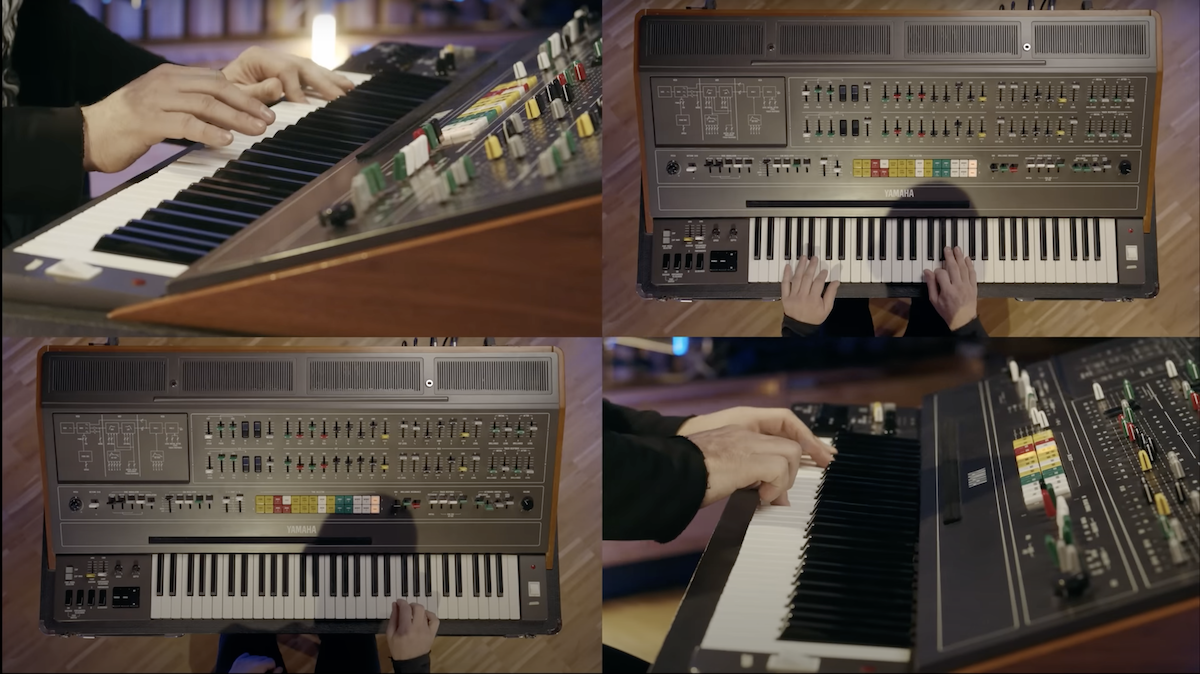
Modern alternatives
Yamaha’s own Reface CS can still be bought new (for around £340) and is a great, compact option capable of some wonderful CS sounds. At the other end of the price scale there's Black Corporation Deckard’s Dream (below, £3,800 - £4,200) for a direct emulation. Not a direct reproduction in any way, the UDO Super Gemini certainly boasts a similar performance feel (especially with its ribbon controller).
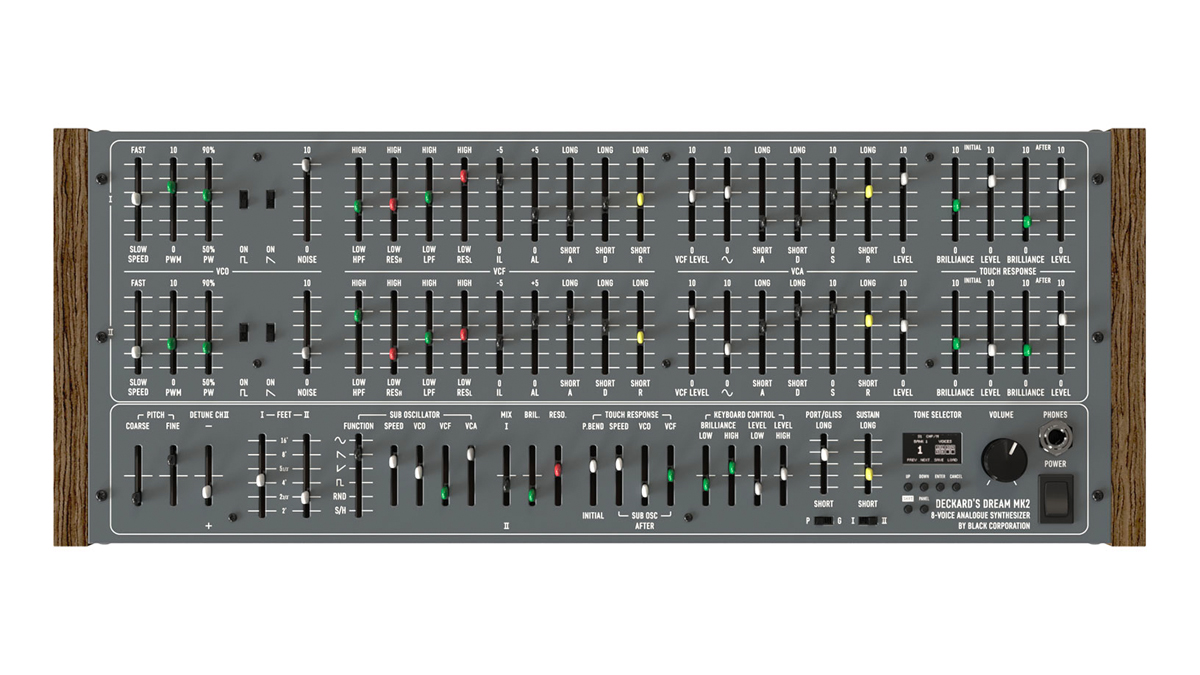
Software wise, take your pick from Cherry Audio's GX-80 (currently $59) or Arturia's CS-80 V4 (€149).
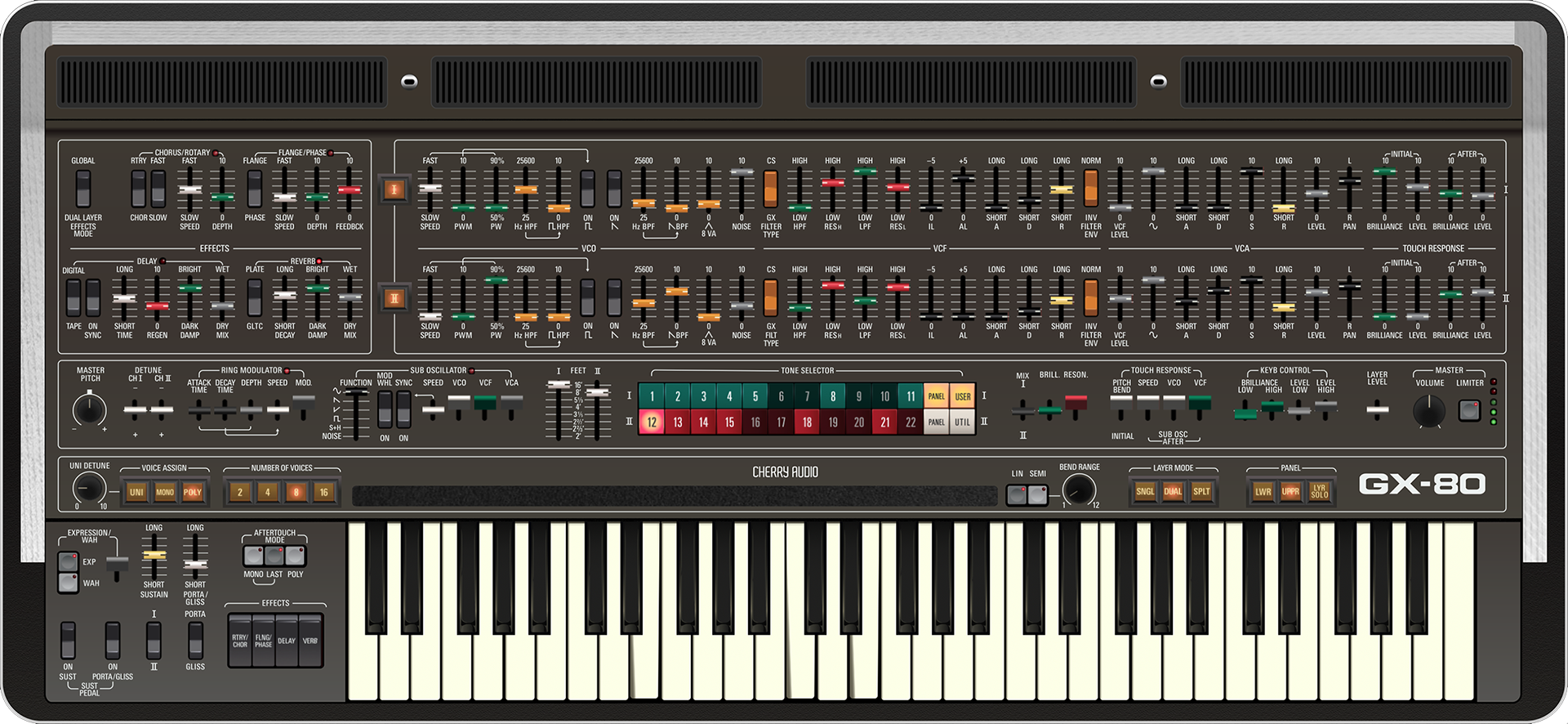
Get a CS-80 for free!
Free versions of a CS-80? Well, Krakli Plugs' Arminator is one option but sadly Windows and 32-bit only. FL Studio owners are laughing all the way to the bank as they have a version of the CS-80 that comes with their DAW and it's a pretty good version to boot.
Roland Jupiter-8
Original Price £3,995 / $5,295
Expect to pay: £16,000 / $20,0000 to £27,000 / $35,000
We've already moaned about the second-hand price of this 1981 Roland polysynth, and while we don't really get why its price is so high, it is a lovely-sounding synth. Maybe it's the list of famous users – that includes everyone from ABBA to Tears For Fears – which has helped push the secondhand price up.
Even people we know who own a Jupiter-8 can't fathom why it is so expensive, especially as there are so many new options to get its lush sound
There's also the fact that the Jupiter-8 sound has appeared on so many classic records, including Michael Jackson's Thriller and Harold Faltermeyer's Axel F.
But really we can't identify one factor as being the overall reason behind the 8's vast secondhand price – even people we know who own one can't fathom why it is so expensive, especially as, as we'll see, there are so many new options to get its lush sound.
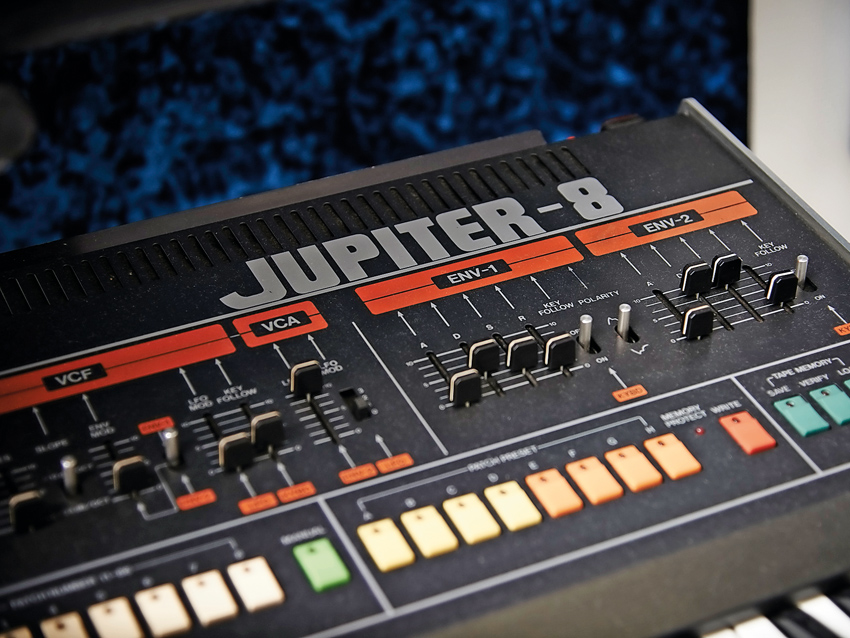
Modern Jupiter-8 alternatives
Roland has several hardware and software Jupiter-8 options with its latest Jupiter-X (£1,999 / $2,300) being the most direct modern take on the 8. The company's System-8 synth (£1,295, $1,499) is a cheaper option that will also run the Jupiter-8 plugout.
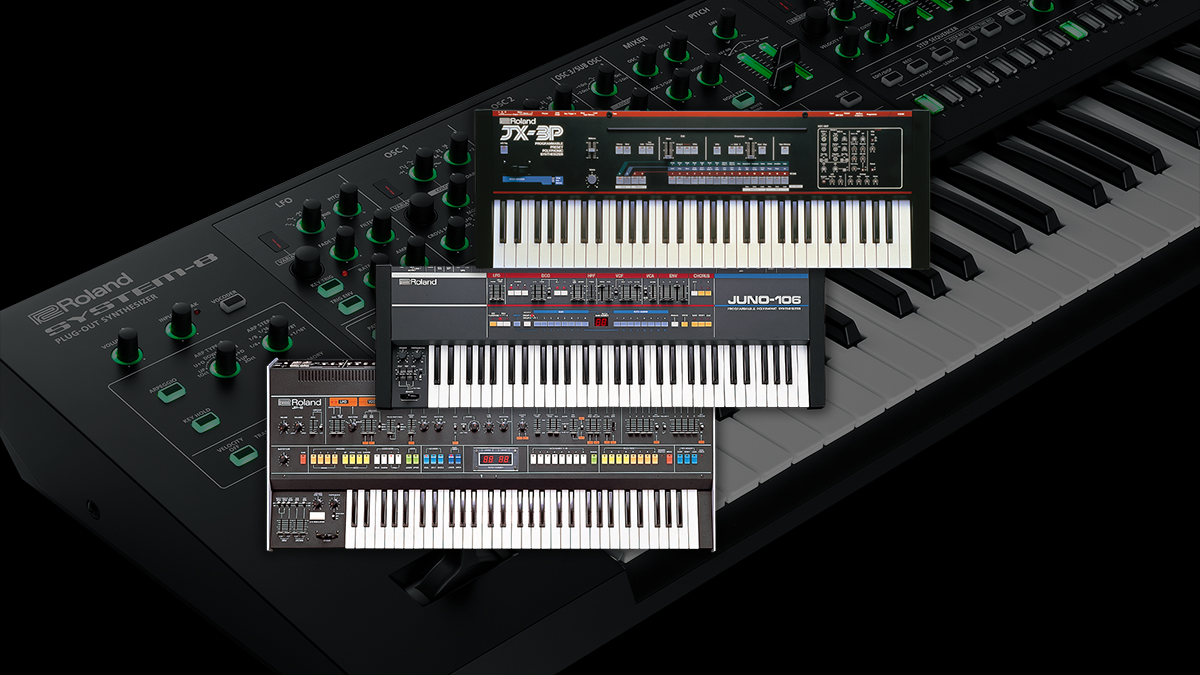
Software wise, there's Roland's own Cloud version (£$19.99 a month) and others from the likes of Arturia (Jup-8 V, €149) and TAL (J-8, £78 / $90) that are even cheaper.
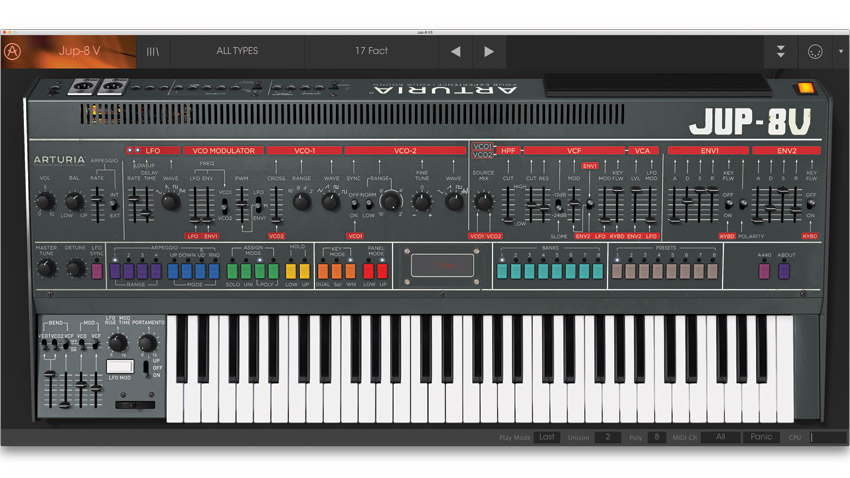
Get a Jupiter-8 for free!
To get the Jupiter sound for free, you could do worse than u-he's TyrellN6 or try KBplugs Rolend JP-680, although it is 32-bit and Windows only. SampleScience's Deep Jupiter is limited in scope but does use 'public domain' Jupiter samples to recreate the J8 sound.
EMS VCS 3
Original Price: £480 / $550
Expect to pay: £16,000 / $20,000 to £27,000 / $35,000
This is another synth that many an enthusiast lusts after and, again, we're not absolutely convinced that it is worth the five-figure asking price. In fact *whisper* we think the Electronic Music Studios VCS 3 is a bit over-rated.
Its ridiculous secondhand price is probably more about how rare the synth is, than its sound
However, that's largely down to he fact that we tried 'playing' one once and it was like wrestling with Battleships (the board Game), and with worse noises as a result.
That might have been our (then, not now) lack of synth skills, as everyone from Brian Eno (who else?) to Jean-Michel Jarre (who else?) are fans of the three oscillator 1969 original.
Its ridiculous secondhand price is probably more about how rare the synth is, than its sound. There's no figure on how many VCS3s were made but some sources state less than 1,000 were made in total, and of those, there might be a very limited number left, perhaps in the low hundreds.
Best go for a modern version then…
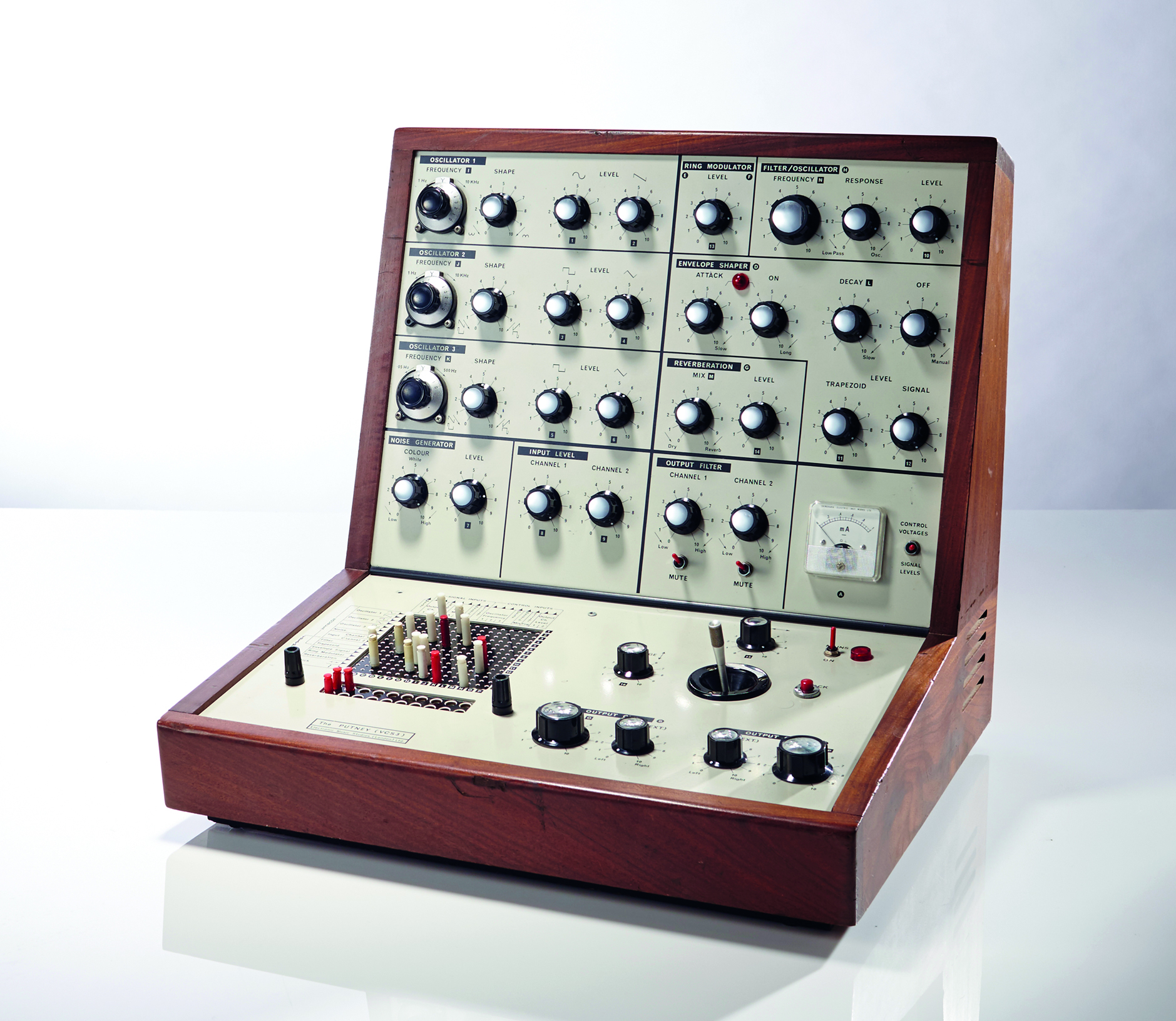
Modern EMS VCS 3 alternatives
It looks like that asking price isn't going anywhere south soon, as there aren't even that many new takes on the VCS 3 to help bring it down. Electronic Music Studios did carry on making the VCS3 up until at least 2015 (we believe), although you had to join an almost 10-year waiting list.
The company's website still works although it hasn't been updated in four years and the VCS3 is no longer listed as for sale.
Behringer announced its own VCS3 clone back in June 2019, and that it was finally entering beta testing in October last year so that might be your only hope if you are desperate for some hardware plug-style patching.
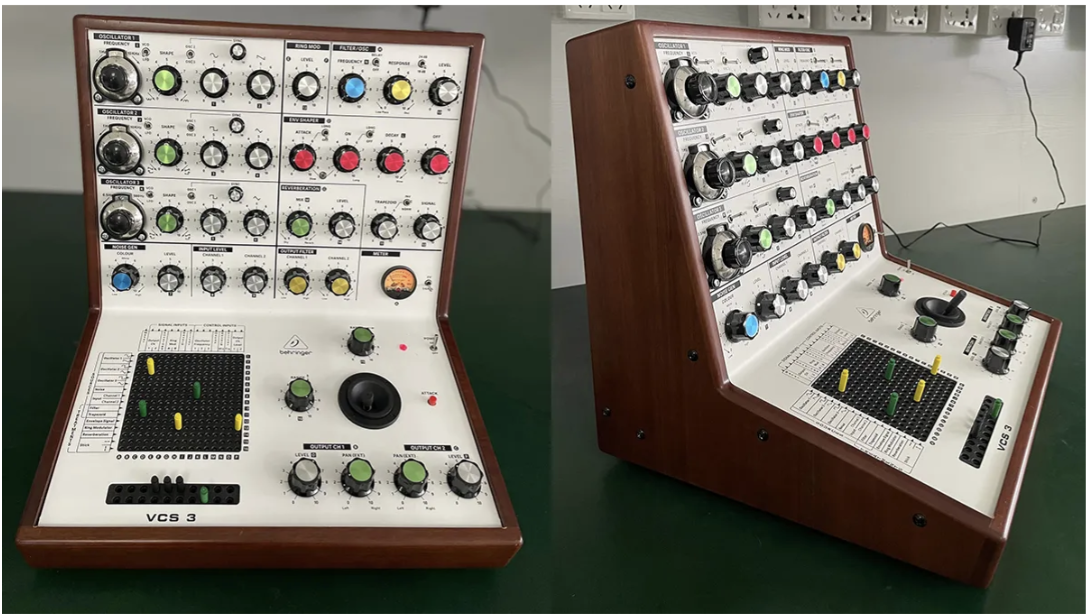
Software-wise there are more options. Xils Lab's 3 and 4 (€79 to €199) were endorsed by Peter Zinovieff, one of the creators (alongside David Cockerell and Tristram Cary) of the original synth.
Arturia's Synthi V ($149) is a similarly-styled softsynth based on another EMS synth, the Synthi A, as is EMS Synthi AVS 350€. There's also an iOS app, Apesoft iVCS3 for $15.
Get a VCS 3 for free!
There are a number of Windows-only options: Cynthia VST, Synthia 2 and SynthiAKS by Richard Brooks.
These are pretty old options though, and all 32-bit, so your best bet is probably to buy a copy of our very own Computer Music magazine which has a cutdown version of Xils Lab's 3 in the Computer Music Plugin Suite. Yes, we would say that, but it's really not bad – the magazine and the plugin!
Waldorf Wave
Original Price: £4,995 to £7,000 / $5,995 to $9000 (app.)
Expect to pay: £24,000 / $28,000 to £27,000 / $35,000
It's a digital synth with analogue filters and one of the rarest in our roundup. It's said that not even 200 of these beasts were built by Waldorf, and it's so rare that our price ranges are probably on the low side – more of a guess as the Wave so infrequently comes up for sale.
There really was nothing like it at the time…
The Wave was a 16-voice polyphonic, 8-part multitimbral synthesizer designed by Wolfgang Palm and inspired by other another Palm synth, the PPG Wave. The Wave was a wavetable synth like the PPG but had a huge front panel filled with controls making it appealing to (rich) traditional analogue synth fans.
There really was nothing like it at the time and you could even expand the already high number of voices with a £1,500 expansion card.
Famous users include Ulrich Schnauss (a rarer cadmium red model), Mark Isham, Andy Gray, Axel Rose, and a-ha.
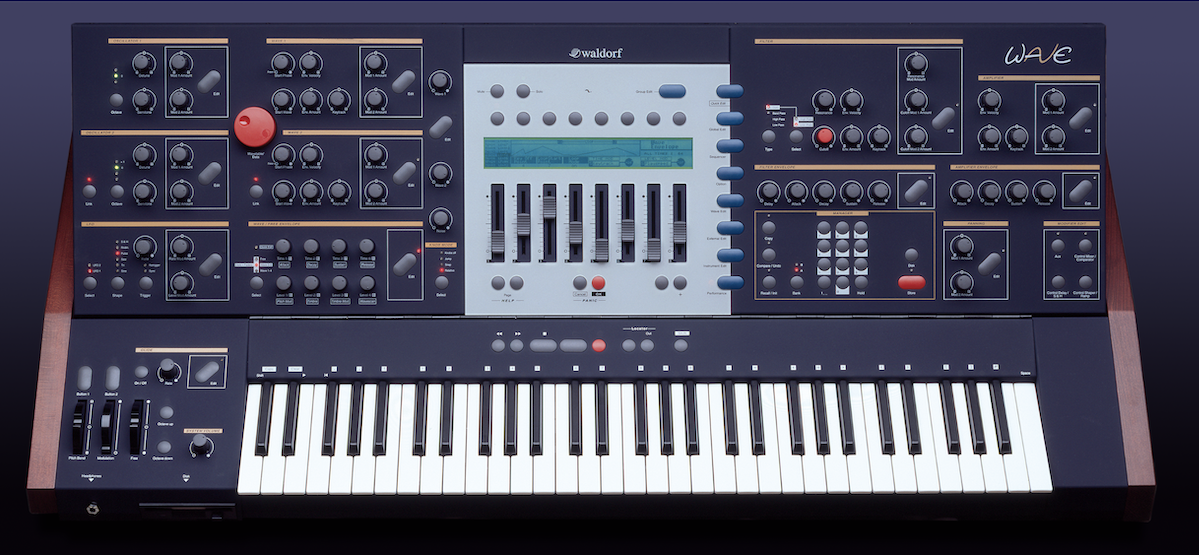
Modern Wave alternatives
The Groove Synthesis 3rd Wave (£$4,999) was designed as a kind of next-gen PPG so shares a lot of wavetable greatness with the Wave. The Waldorf Quantum MKII (£4,200) is the company's latest flagship synth, and also features wavetable synthesis and a lot more besides (including VA).
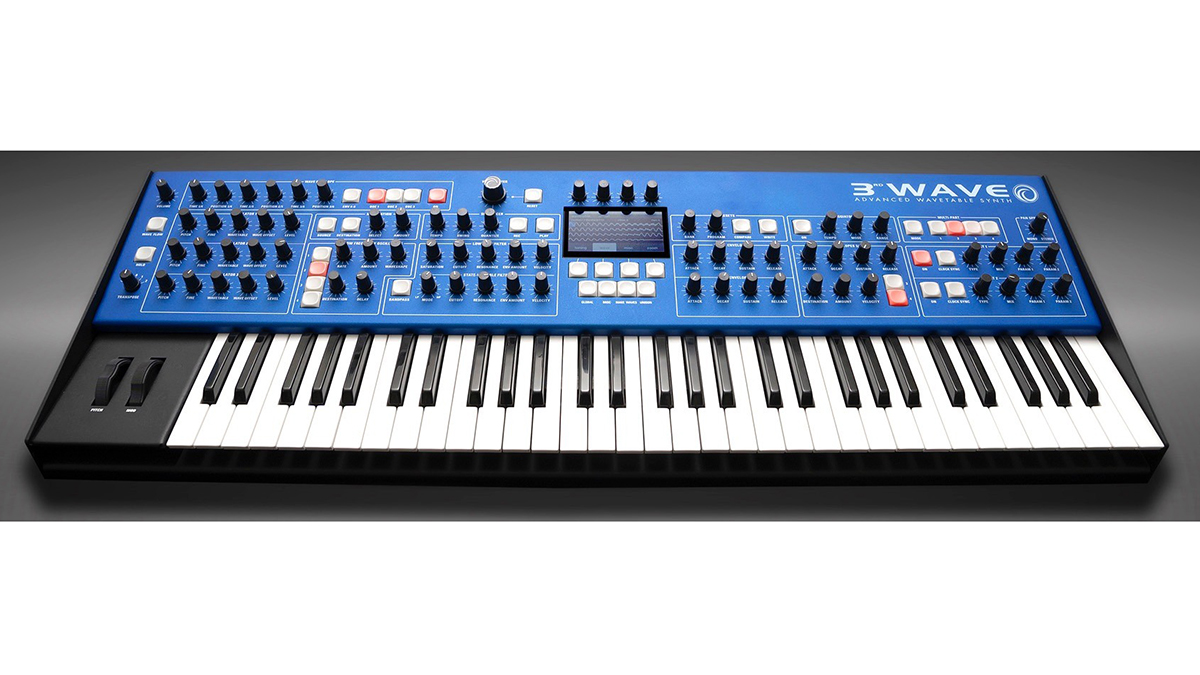
In software you're looking at Waldorf's own virtual PPG Wave 3.V (€162) or some of the big named wavetable synths like XFer Serum and Arturia Pigments.
Get a wavetable synth for free
The best freeware wavetable synths include both SocaLabs Wavetable, for macOS, Windows, and Linux and Vast Dynamics Vaporizer 2 which looks exceptional for a freebie.
Original Moog Modular systems
Our final entry had to be a Moog, right? The man and system that started it all, Bob Moog developed his modular synth from 1967 onwards. The Moog Modular was the original synthesizer, with the C and P Systems being the first, made from '67 to '73. The Model range (10, 12 and 15) was released between 1971 and 1981, while the System 35 and 55 were released between 1973 and 1981.
Only five were made and we're guessing they have at least doubled in value, probably even more…
Moog started reissuing various modular systems in 2014 (we go into the detail of it in this feature) but they made most of these reissues in limited numbers so even these remakes are going to cost you.
The first range of reissues – Model 15, System 35, and 55 retailed for $10,000, $22,000 and $35,000 respectively. They now change hands for around $15,000, $45,000 and as much as $60,000 for the System 55 – a good investment if you bought them in 2015 when they were reissued.
That's nothing, though. Moog also reissued a very limited edition Emerson Moog Modular System in 2017 for $150,000. Only five were made and we're guessing they have at least doubled in value, probably even more.
These, ladies and gentlemen, are prices for the reissues, not the originals we should add. We'd hate to even guess at how much an original Moog modular system would cost you, but you might be talking as much as seven figures depending on the condition.
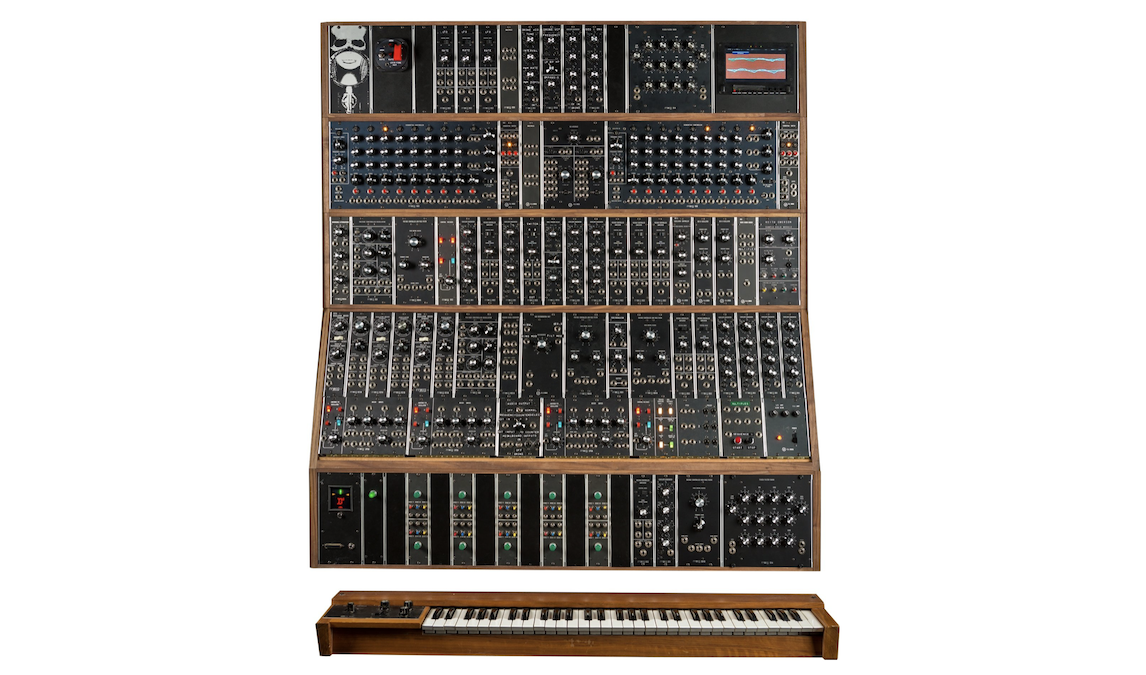
Modern Moog Modular alternatives
There are other Moog modular reissues that are still available for less cash. The Model 10 reissue, released five years ago and again in 2022, is based on the first compact modular synth created by Bob in 1971. This retails for around £12,000/$15,000 from Thomann and KMR .
Finally there's the IIIP Modular System that also came out five years ago. Only 40 of these were made and you're looking at around £29,500/$35,000 if you can track one down.
In software, there are many modular synth options with Moog's own Model 15 ($29.99) being a great iOS version of its hardware. Arturia's desktop Modular V is one of the best Mac/PC versions.
Getting a modular synth for free
Not so much a Moog but the gold standard for free modular synthesis, VCV Rack is your go-to choice for any kind of modular action and is essential, simple as that!
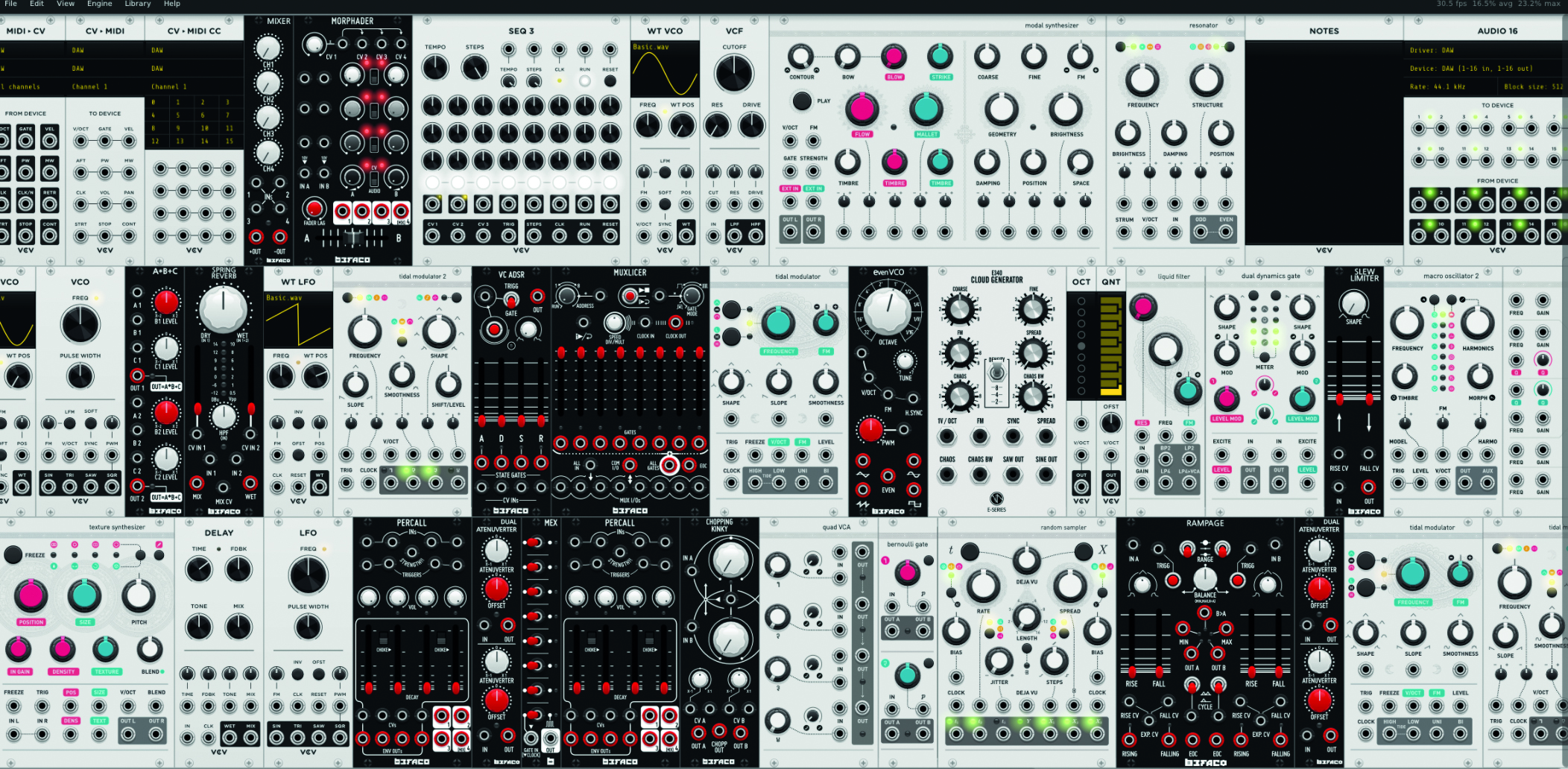
- Read more synth stories and features: at Synth Week 2024 here!


Andy has been writing about music production and technology for 30 years having started out on Music Technology magazine back in 1992. He has edited the magazines Future Music, Keyboard Review, MusicTech and Computer Music, which he helped launch back in 1998. He owns way too many synthesizers.
“Do you dare to ditch those ‘normal’ beats in favour of hands-on tweaking and extreme sounds? Of course, you do”: Sonicware CyDrums review
“Excels at unique modulated timbres, atonal drones and microtonal sequences that reinvent themselves each time you dare to touch the synth”: Soma Laboratories Lyra-4 review














